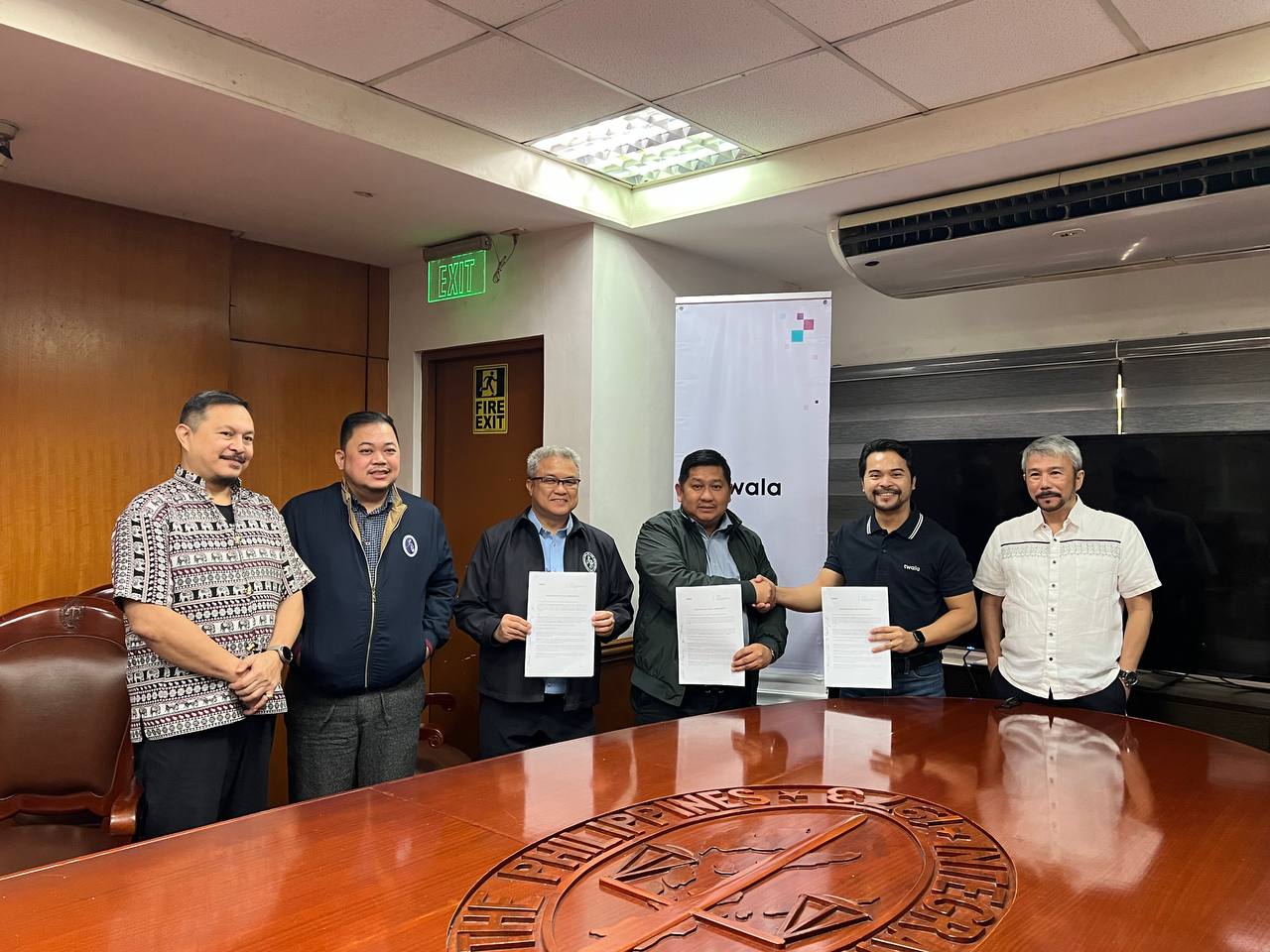The use of electronic signatures in the Philippines presents a vast and largely untapped opportunity for industries, both public and private. With the rapid acceleration of digital transformation and the recent wave of supportive regulations from key government institutions, electronic signatures are poised to become the new standard for secure, efficient, and legally recognized transactions.
What Is an Electronic Signature or eSignature?
Under Republic Act No. 8792 or the E-Commerce Act of 2000, an electronic signature is defined as any distinctive mark, characteristic, or sound in electronic form that represents a person’s identity and is attached to or logically associated with an electronic data message or electronic document, with the intent to authenticate or approve it.
Electronic signatures are highly flexible in form. They can be a typed name, scanned signature, emoji, image, or a button click (e.g., "I Agree"). What matters most is that the signatory clearly intends to be bound by the document or transaction.
Proving the Authenticity of an eSignature
While basic electronic signatures are useful, they are not always sufficient for legal compliance—especially in high-value or regulated transactions. This is where digital signatures come in.
A digital signature is a cryptographic mechanism generated using public key cryptography, which verifies both the identity of the signatory and the integrity of the signed document. Its implementation may be through public key infrastructure (PKI) or blockchain technology, both of which rely on the principles of public key cryptography to ensure authenticity, confidentiality, and tamper-evidence.
For instance, blockchain technology—via its decentralized, immutable ledger—enables documents to be securely timestamped and traced. Even the slightest modification in the document alters its cryptographic fingerprint (hash), providing robust proof against forgery or unauthorized changes.
Section 8 of the E-Commerce Act recognizes electronic signatures as legally equivalent to handwritten ones if the signature method:
- Is unique to the signatory,
- Is capable of identifying the signatory,
- Was created under the exclusive control of the signatory, and
- Is linked to the data such that any alteration is detectable.
Are Electronic Signatures Legal in the Philippines?
Yes. The E-Commerce Act and the Supreme Court’s Rules on Electronic Evidence establish that both electronic documents and electronic signatures are legally recognized and admissible in the Philippines.
Section 8 ensures that digital signing methods that meet reliability and integrity standards are enforceable, especially if the signing process is secure, verifiable, and auditable.
Moreover, under Philippine civil law, the form of a contract does not affect its validity unless required by law. As long as the three essential elements—consent, object, and cause—are present, a contract may be validly executed electronically.
Admissibility in Court
Rule 130 of the Revised Rules on Evidence recognizes electronic documents as the functional equivalent of written documents. The Rules on Electronic Evidence (A.M. No. 01-7-01-SC) confirms that electronically signed documents are admissible in evidence if properly authenticated.
Authentication involves showing that the electronic signature:
- Is linked to the signer,
- Was under the signer’s control,
- Was executed in a reliable manner, and
- Has not been altered after signing.
Recent Legal and Regulatory Developments
1. Supreme Court: 2025 Rules on Electronic Notarization
In a landmark move, the Supreme Court issued the Rules on Electronic Notarization (A.M. No. 22-09-01-SC), which took effect 15 days after its publication on March 9, 2025. This enables fully digital notarization of documents, including affidavits, contracts, and other public instruments, using secure platforms with video conferencing, identity verification, audit trails, and digital signing capabilities.
2. Bangko Sentral ng Pilipinas (BSP): Circular No. 1140, s. 2022
The BSP mandates supervised institutions to adopt secure electronic signatures, including digital signatures, as part of their transition to digital banking. This provides strong support for financial-sector-wide adoption.
3. Anti-Red Tape Authority (ARTA): Memorandum Circular No. 2021-01
ARTA requires all national government agencies, local government units, and GOCCs to recognize and accept electronic documents and signatures under the E-Commerce Act, accelerating public sector digitization and ease of doing business.
4. Commission on Audit (COA): Circular No. 2021-006
COA permits the use of electronic and digital signatures for official government transactions, provided they meet the agency’s security and audit standards. This empowers agencies to adopt paperless systems in compliance with procurement and auditing rules.
Why Switch to Electronic and Digital Signatures?
In a digitally-driven world, the shift to electronic and digital signatures is no longer optional—it is essential. Here’s why:
- Speed & Efficiency: Drastically reduces turnaround time for contracts and official documents.
- Security & Integrity: Digital signatures ensure data has not been altered and verify the identity of the signatory.
- Cost-Effectiveness: Cuts down on printing, courier, and archiving costs.
- Remote Accessibility: Enables signing and verification anytime, anywhere.
- Regulatory Compliance: Aligns with national laws and international standards.
Platforms like Twala offer enterprise-grade digital signature solutions that combine the strengths of public key infrastructure (PKI) and blockchain technology. Built on public key cryptography, Twala ensures:
- Strong identity verification,
- Document integrity and auditability,
- Legal enforceability,
- Compliance with laws such as the E-Commerce Act, the 2025 Supreme Court Notarization Rules, BSP regulations, ARTA directives, and COA guidelines.
Twala also offers electronic notary services, allowing users to securely notarize documents online in compliance with the Supreme Court's Rules on Electronic Notarization. Through identity verification, audit trails, and tamper-evident digital signing, Twala ensures that electronic notarization is secure, accessible, and legally binding.
By integrating PKI’s hierarchical trust model with blockchain’s decentralized transparency, Twala delivers a future-ready platform for secure, seamless, and trusted digital transactions.
With robust legal backing and technological innovation, electronic and digital signatures are transforming how we do business and governance in the Philippines. As regulatory frameworks evolve to support a digital-first economy, embracing tools like Twala can provide a competitive advantage while ensuring trust, compliance, and security.
It’s time to go paperless with confidence.





.png)
